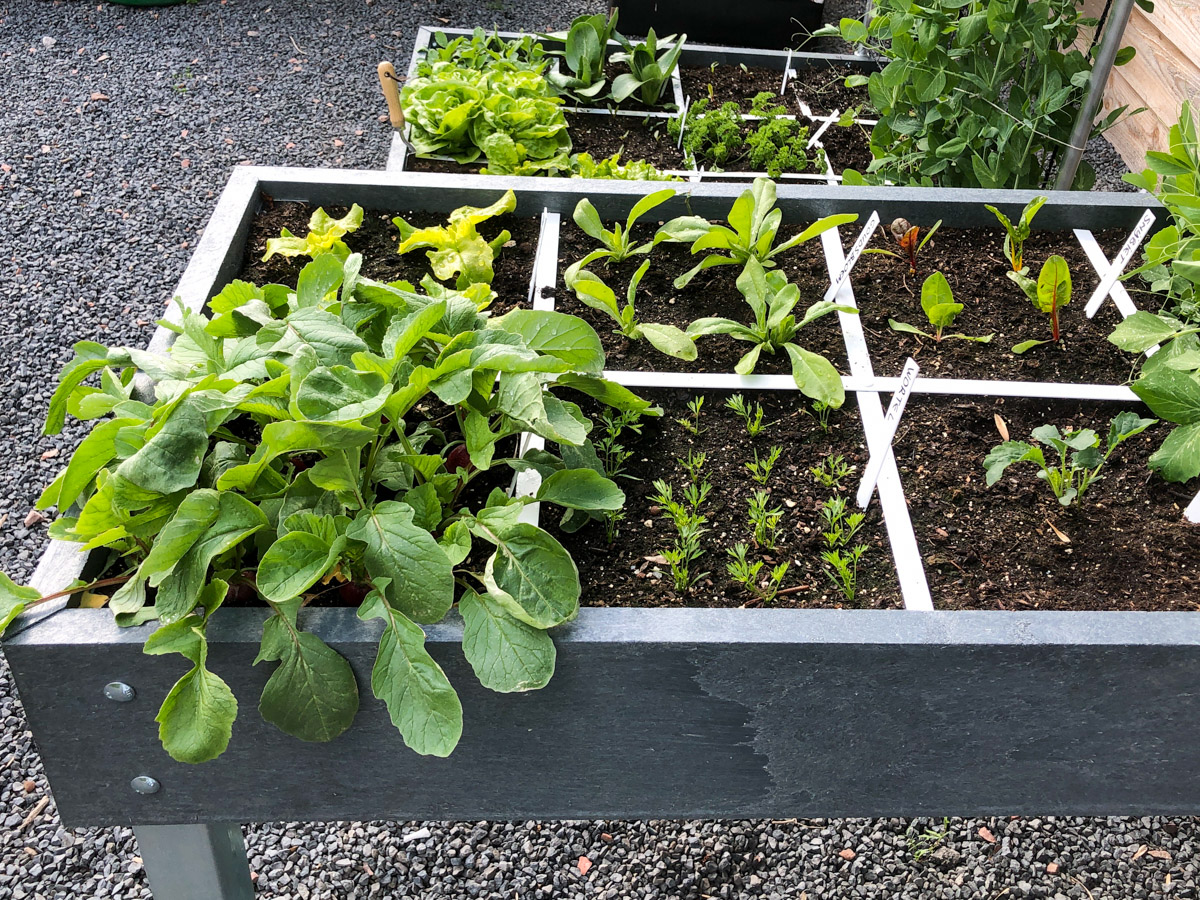- Get your vegetable garden ready for the new season
- Watering your vegetable garden
- Pruning tomatoes, cucumbers, and pumpkins
- How do you harvest zucchini?
- Perfect vegetable garden and perfect plants?
- Mid-February: can you start sowing now?
- End of May, early June: harvest and add nutrients
- Vacation and your vegetable garden
- July: tomatoes, cucumbers, and zucchini
- August: sowing for fall
- Early September sowing
- October sowing
- Which vegetables can handle cold weather?
- Get your vegetable garden ready for winter
- White lumps on the roots: good for your plants
- Help the birds this winter
- Get your vegetable garden ready for the new season
- Watering your vegetable garden
- Pruning tomatoes, cucumbers, and pumpkins
- How do you harvest zucchini?
- Perfect vegetable garden and perfect plants?
- Mid-February: can you start sowing now?
- End of May, early June: harvest and add nutrients
- Vacation and your vegetable garden
- July: tomatoes, cucumbers, and zucchini
- August: sowing for fall
- Early September sowing
- October sowing
- Which vegetables can handle cold weather?
- Get your vegetable garden ready for winter
- White lumps on the roots: good for your plants
- Help the birds this winter
End of May or early June: harvesting and freshening up your boxes

Here are some tips for taking care of your vegetable garden beds during this time of the year.
Empty vegetable patches

Sow again after harvesting
If you use the app, it will give you the best choice.
If you don't use it, then choose a different plant family than what was there before. So from a packet with a different color. If that doesn't work out, don't make it too difficult. Consider it as a guideline, not as a rule 😉

Taking care of your plants
Watering

So, take care if you use a garden hose on a hot day. The stagnant water inside can quickly get above 30°C. Check the temperature before watering your plants
You can read more about watering here.

Room to grow

Plants that don't understand boundaries


The same applies to winter lettuce. It is now growing huge, even though I have already harvested a lot of leaves from it.


Keep things tidy
Support your tall plants and climbers


Tomatoes, cucumbers, pumpkins, and climbing zucchinis.

More about tomatoes and zucchini here.

Don't wait to harvest: sooner is better
Your radishes still could grow more and the leaves of the Asian salad mix are still small.
Here I'm already kind of late:

Beautiful plants are fun to look at, but put those in your ornamental garden. Fresh vegetables on your plate: that's what you do it for, right?
And, harvesting frees up space for the next round: prepping, sowing and, before you know it, harvesting again.
MM-Plantfood and our mix can be found in the shop, as well as tasty summer vegetable seeds.


Garden care
- Get your vegetable garden ready for the new season
- Watering your vegetable garden
- Pruning tomatoes, cucumbers, and pumpkins
- How do you harvest zucchini?
- Perfect vegetable garden and perfect plants?
- Mid-February: can you start sowing now?
- End of May, early June: harvest and add nutrients
- Vacation and your vegetable garden
- July: tomatoes, cucumbers, and zucchini
- August: sowing for fall
- Early September sowing
- October sowing
- Which vegetables can handle cold weather?
- Get your vegetable garden ready for winter
- White lumps on the roots: good for your plants
- Help the birds this winter